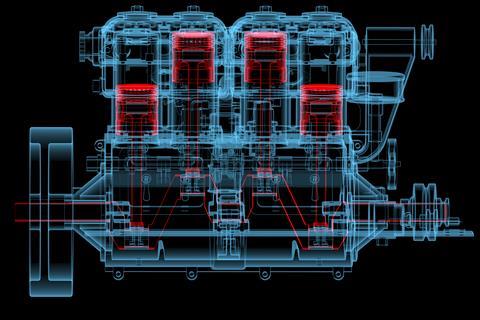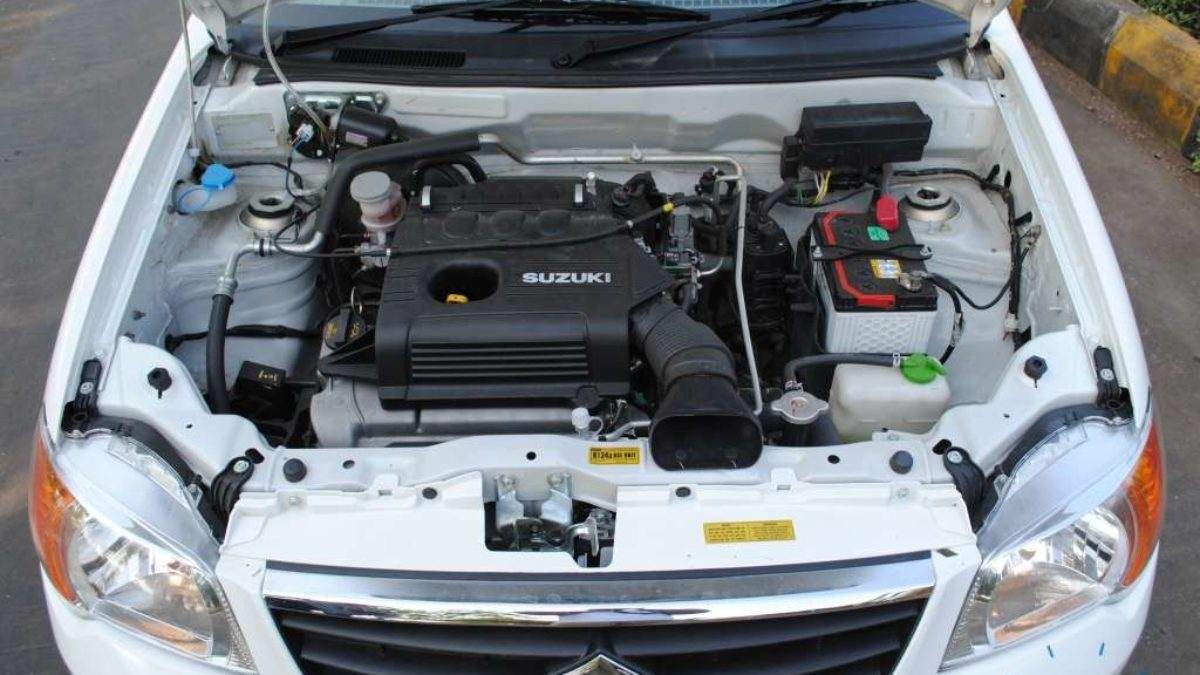Shop Engines for Africa and Even More at Our Substantial Auto Parts Shop
Shop Engines for Africa and Even More at Our Substantial Auto Parts Shop
Blog Article
The Pursuit for Ultimate Driving Power: Exploring the Pinnacle of Engine Efficiency and Technological Advancements in the Automotive Market
In the realm of vehicle engineering, the quest of optimum driving power has been a ruthless quest that has unfolded with the evolution of engine style and the combination of sophisticated innovations. From the precise craftsmanship of burning engines to the quick improvements in electric propulsion systems, the auto field stands at the cusp of a new age defined by extraordinary efficiency abilities. As engineers and scientists dig much deeper into the worlds of computational fluid dynamics and explore innovative fuel technologies, the horizon of possibilities increases tremendously. Keep tuned as we untangle the complex tapestry of technological innovations that are shaping the future of automotive power and performance.
Evolution of Engine Design

Additionally, the combination of turbocharging and supercharging technologies has revolutionized engine style by enhancing power without considerably increasing engine size. These forced induction systems press the intake air, permitting even more gas to be combusted, thereby producing higher power outcome from a smaller engine. This improvement has been specifically important in improving the efficiency of smaller displacement engines while maintaining fuel performance standards.

Performance-Enhancing Fuel Technologies
The application of advanced gas innovations has significantly contributed to boosting engine performance in modern vehicles. From typical fuel and diesel to cutting-edge biofuels, synthetic fuels, and hydrogen, the auto market is witnessing a change in fuel alternatives. Biofuels, originated from eco-friendly resources like sugarcane, algae, or corn, offer lowered discharges and enhanced engine performance. Artificial gas, produced via chemical procedures, supply high octane ratings, enhancing power outcome. Hydrogen fuel cells, although still in the beginning of fostering, reveal wonderful promise as a result of their zero-emission nature and capacity for high performance. In addition, gas additives and cleaning agents are being developed to clean engine elements, optimize burning, and lower friction, thereby enhancing general vehicle performance. With continuous study and development, the pursuit for the supreme driving power continues, as designers aim to open the complete potential of performance-enhancing gas technologies in the automotive sector.
Innovations in Electric Propulsion
Significant strides in electrical propulsion technology have transformed the auto industry, paving the way for a brand-new era of lasting and efficient transport. Electric lorries (EVs) are acquiring popularity as a result of their environmental benefits and innovations in battery modern technology, allowing longer driving arrays and shorter charging times. Suppliers are spending heavily in r & d to enhance the efficiency of electrical propulsion systems, concentrating on raising power result, boosting power performance, and decreasing total weight.
One significant innovation in electrical propulsion is the development of sophisticated electric motors that provide greater torque and power thickness, causing enhanced acceleration and general driving efficiency. Furthermore, regenerative braking systems have actually been refined to catch and store energy during deceleration, additional boosting the their website efficiency of EVs.
Moreover, the assimilation of smart technologies, such as fabricated intelligence and anticipating analytics, is optimizing the management of electric propulsion systems, ensuring optimal efficiency under various driving conditions. These developments in electric propulsion are improving the auto landscape, driving the sector towards a more lasting and energized future.
Effect of Computational Fluid Characteristics
With innovations in electric propulsion pressing the limits of automotive technology, the integration of Computational Liquid Dynamics is playing an essential duty in maximizing aerodynamic efficiency and enhancing overall efficiency in automobile style. Computational Fluid Characteristics (CFD) entails the use of computer simulations to analyze the circulation of air around a vehicle, enabling designers to anticipate exactly how style modifications will influence aerodynamics without the demand for pricey physical prototypes. By precisely modeling air movement patterns, CFD permits for the improvement of lorry forms to minimize drag, improve cooling, and boost stability.
One trick benefit of making use of CFD in automobile style is the ability to repeat rapidly, checking out countless layout variations to determine the most aerodynamically effective remedies. This repetitive procedure causes automobiles that are not only sleeker and a lot more aesthetically attractive but additionally a lot more fuel-efficient and ecologically friendly. In addition, CFD allows designers to maximize air movement around components such as radiators, engine bays, and wheel wells, adding to boosted performance and general driving experience. To conclude, the combination of Computational Liquid Characteristics represents a considerable action forward in the pursuit for utmost driving power and efficiency in the vehicle market.
Future Trends in Engine Advancement
In the dynamic landscape of auto engineering, innovative innovations are shaping the future trajectory of engine advancement. The future of engine design is marked by a strong emphasis on performance, performance, and sustainability. Producers are significantly concentrating on creating engines that not only supply important source high power outcomes but also focus on ecological obligation by boosting and lowering exhausts gas this content efficiency.
One popular fad in engine development is the increase of electrification. Crossbreed and electrical powertrains are acquiring grip as feasible alternatives to traditional combustion engines. These technologies supply the capacity for considerable reductions in carbon emissions and boosted energy effectiveness, aligning with international initiatives to combat climate adjustment.
Furthermore, advancements in products scientific research and production techniques are enabling the manufacturing of lighter and much more resilient engine elements. This shift towards lightweight products such as carbon fiber and aluminum alloys adds to improved performance and fuel economic situation.
Conclusion
In final thought, the search of ultimate driving power in the vehicle field continues to drive improvements in engine design, gas technologies, electrical propulsion, and computational liquid characteristics. The evolution of these modern technologies is shaping the future of engine development, paving the means for more effective and reliable lorries (engines for africa). As the industry continues to press the limits of what is feasible, we can anticipate to see a lot more groundbreaking advancements in the pursuit for peak performance
One of the essential turning points in engine layout development is the shift from typical carbureted engines to modern-day fuel-injected systems. By specifically metering the fuel delivery to each cylinder, fuel-injected engines maximize combustion, resulting in far better performance and minimized environmental influence.
In addition, the integration of turbocharging and supercharging modern technologies has changed engine layout by boosting power without dramatically boosting engine dimension (engines for africa).The execution of advanced fuel modern technologies has considerably added to boosting engine performance in contemporary vehicles. Furthermore, fuel ingredients and cleaning agents are being formulated to tidy engine parts, maximize burning, and reduce rubbing, thus increasing total car efficiency
Report this page